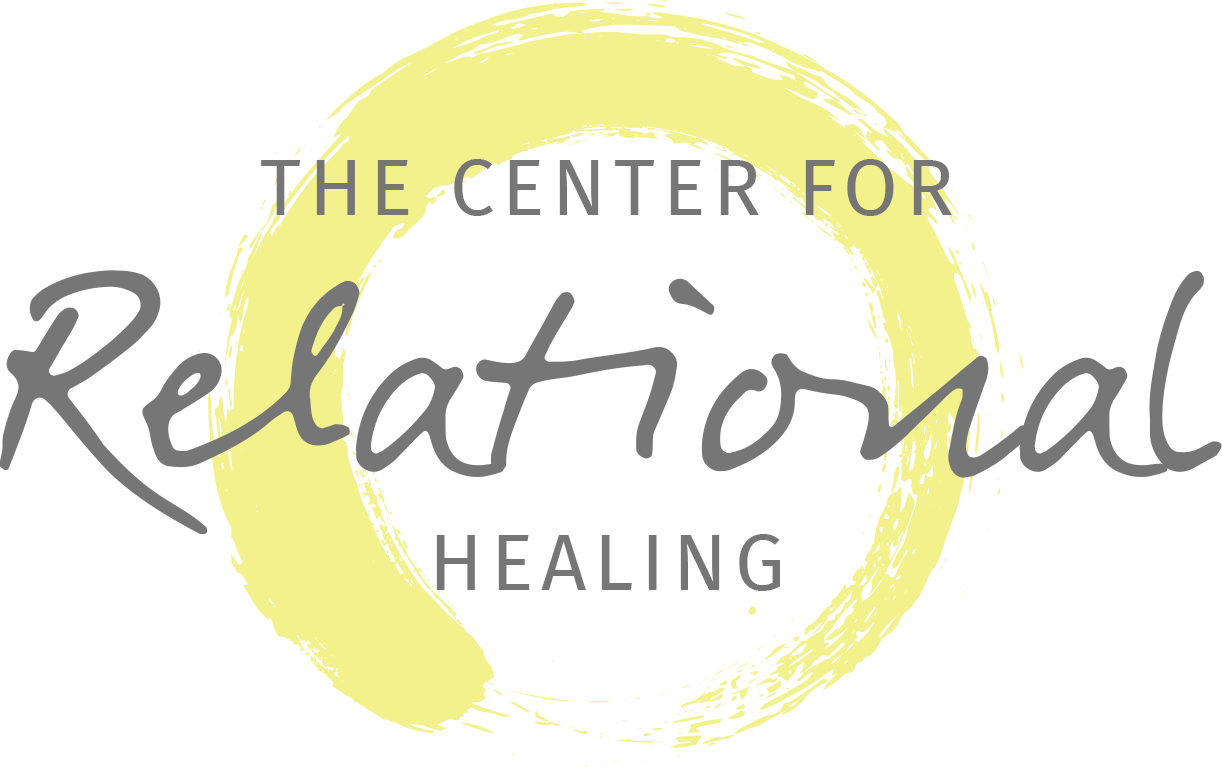Making the decision to ask for professional help and then choosing the right therapist is not always easy. Many people come from families where it is looked down upon to ask for help or share personal information with anyone outside of the family. Perhaps you feel like you “should” be able to figure out the answers yourself, solve your own problems or make desired changes without guidance or support. The truth is, asking for help is courageous. Needing and wanting support and human connection is at the core of our humanity and is nothing to feel ashamed of. In fact, asking for help is courageous and inspiring.
Individual therapy is valuable in so many ways and, just as every individual is unique, the entire therapy experience including therapeutic goals and outcomes is equally as unique. Here is a brief outline of some of the ways therapy can be helpful but in no way is it complete:
- Work through trauma, addiction, attachment problems, sexual and intimacy issues, toxic shame and grief
- Connect family of origin issues to present day experiences and problems
- Improve communication, learn healthy boundaries and increase empathic attunement
- Stabilize mood and decrease anxiety
- Learn healthy coping, distress tolerance and emotional regulation skills
- Learn the power of positive confrontation
- Learn mindfulness as a way to be more fully present in every day situations
- Develop self-awareness and insight regarding negative thought and behavioral patterns and learn how to change them
- Identify and overcome barriers to achieving healthy relationships, intimacy and life goals
- Learn how to make yourself your greatest priority
Therapy can empower you and support you in making changes, finding meaning, resolving trauma, getting sober and, most important, learning to love yourself.
While there are many factors to consider in choosing a therapist such area of specializations, cost and location, I think the most important factor is ultimately how comfortable you feel with your therapist. If you don’t feel a connection it will be difficult, if not impossible, for you to be fully authentic and vulnerable, the most crucial elements necessary for the development of a successful therapeutic relationship.
CRH has a wide array of therapists, all with different therapeutic approaches and styles. Let us know what your therapeutic goals and preferences are so that we may find the very best fit for you. We will never define your goals for you. Rather, we will help you identify your own goals and create a treatment plan to achieve them. Even though many individuals approach therapy looking for answers and often ask their therapist to provide the answers for them, we believe that nobody knows more about what’s best for you than you. Therefore, rather than give you the answers or tell you what to do, we help you discover the answers for yourself. We approach therapy as a collaborative relationship in which we support you in making the necessary decisions and changes to have a joyful and meaningful life.


